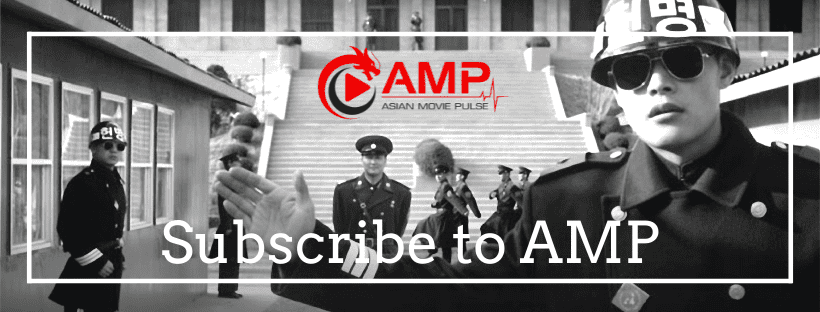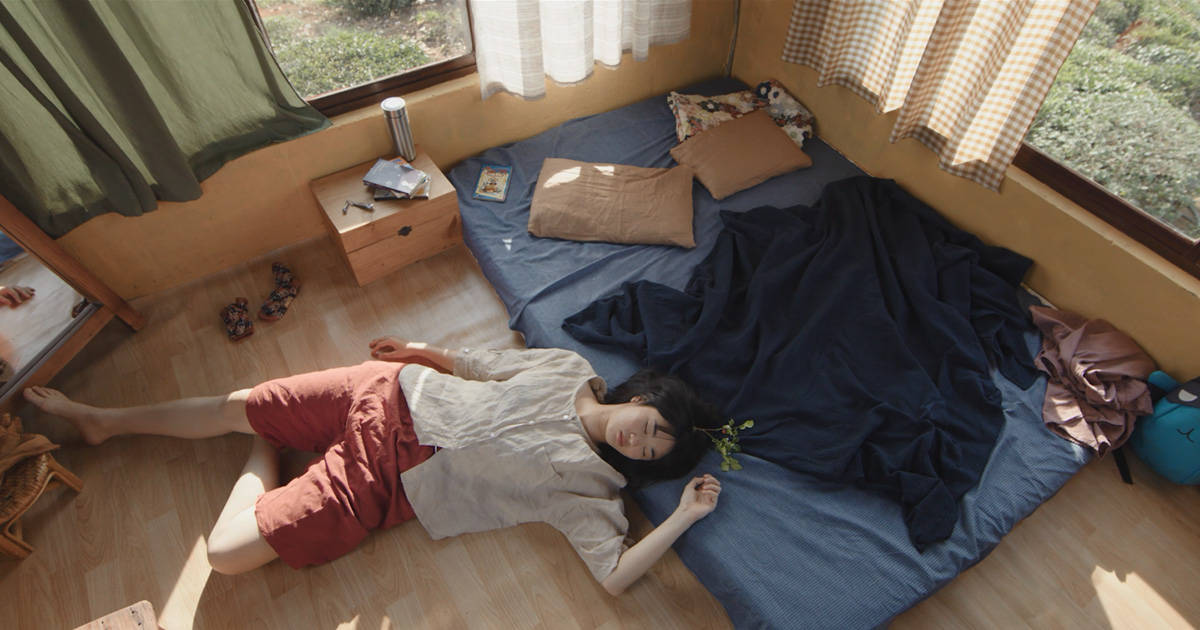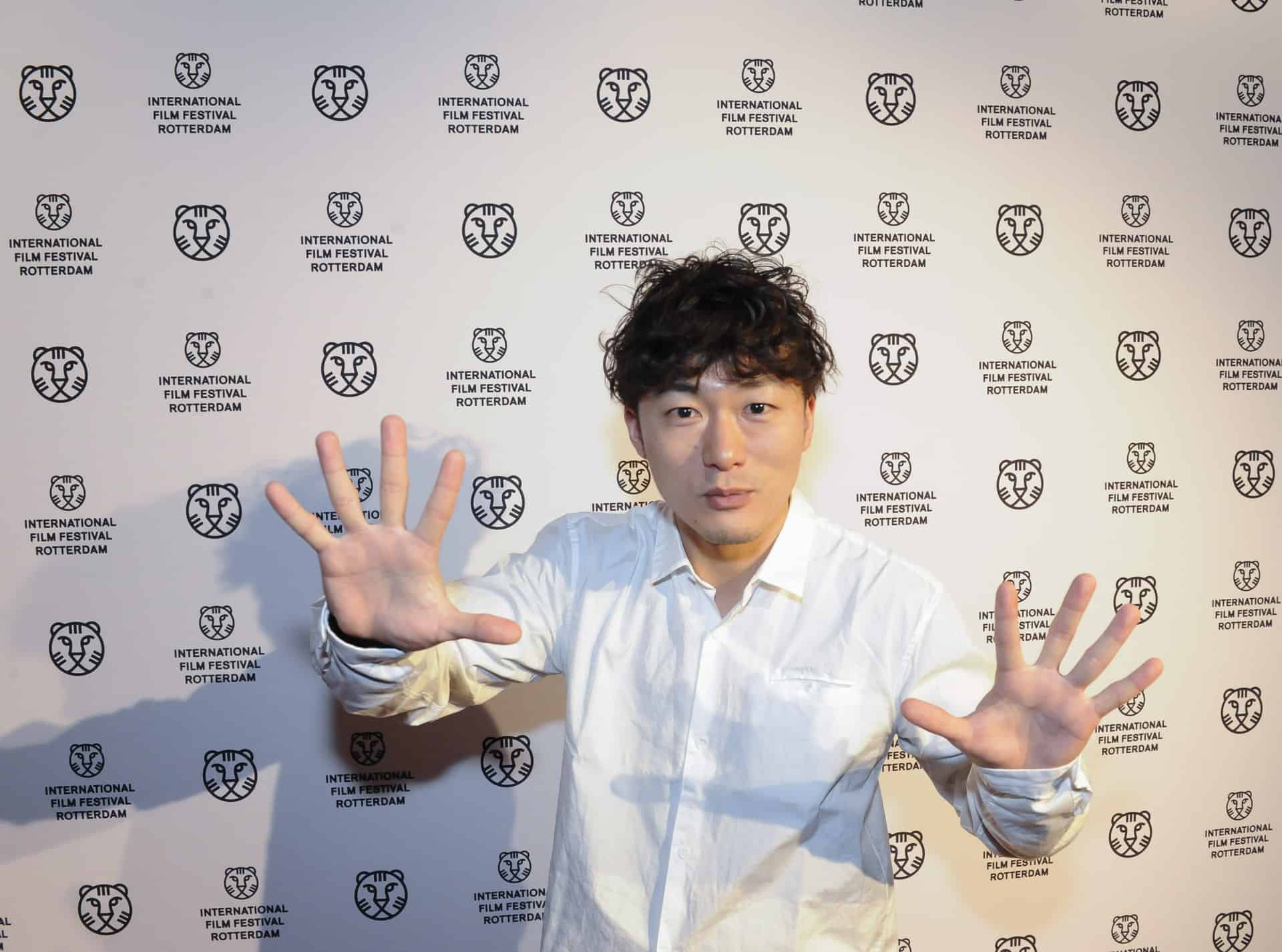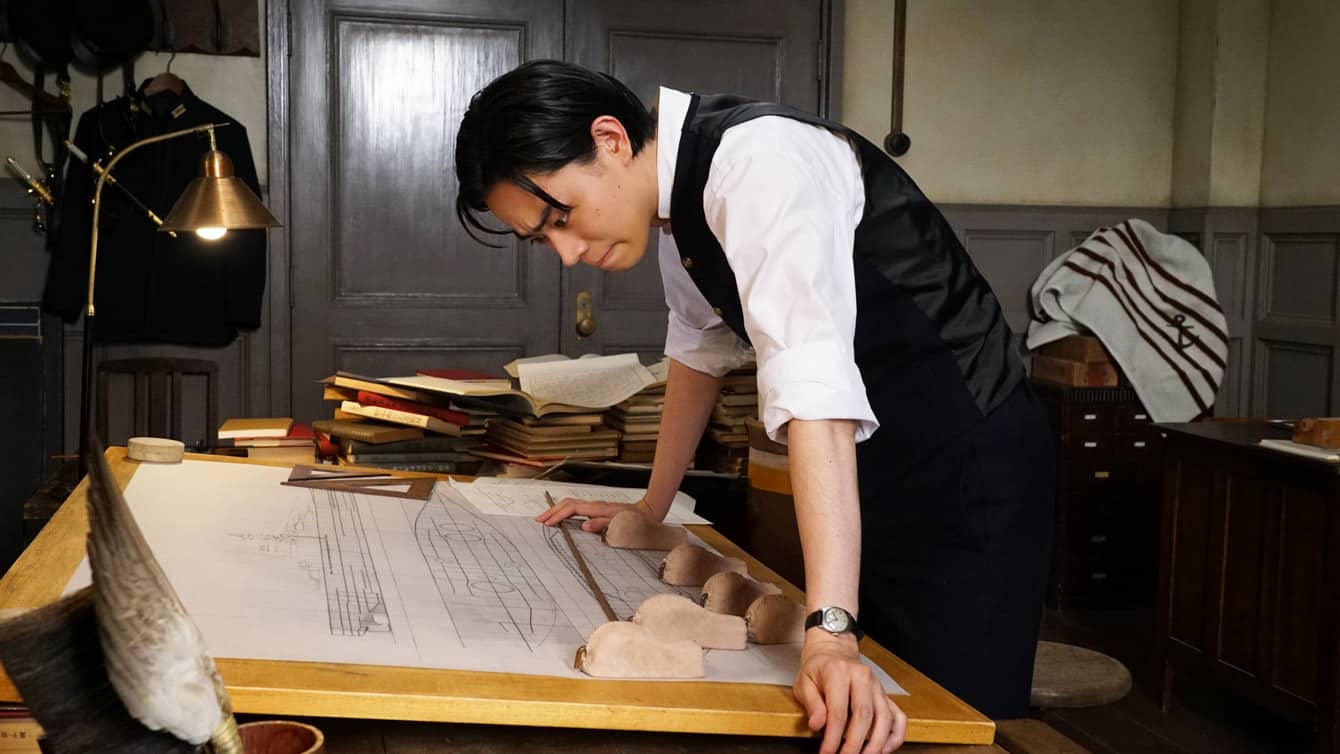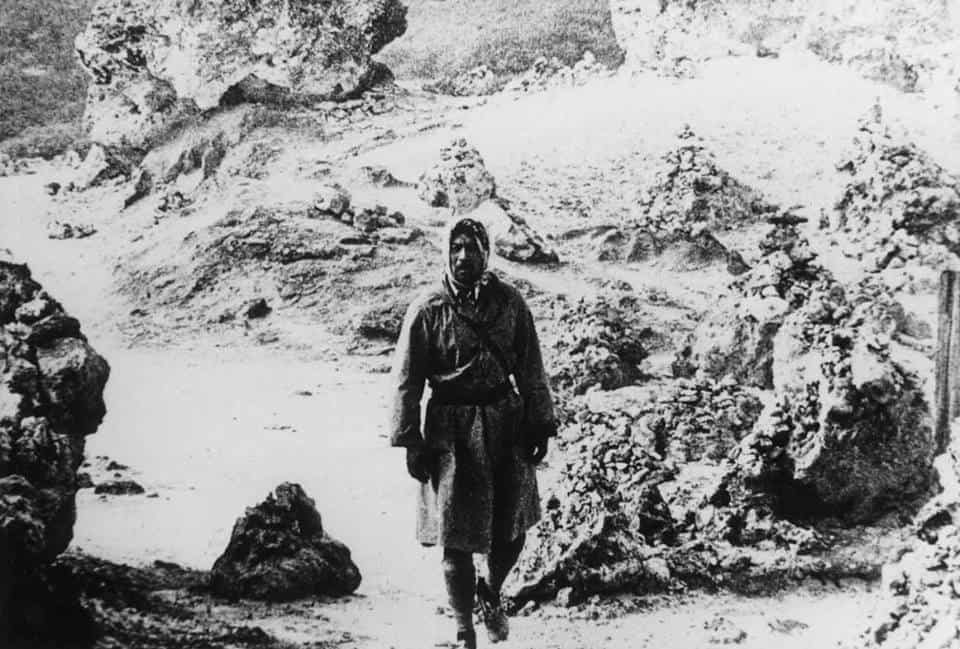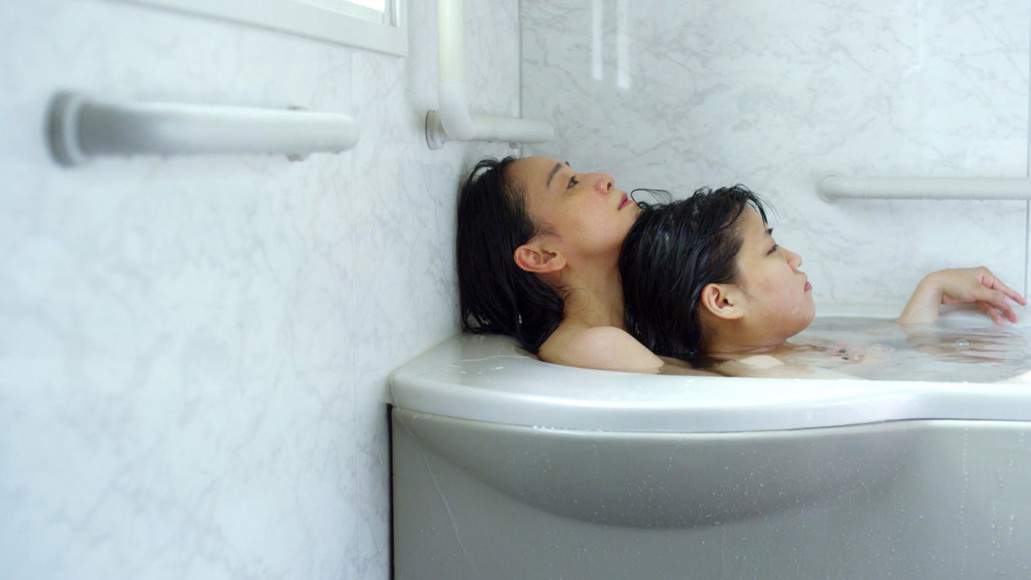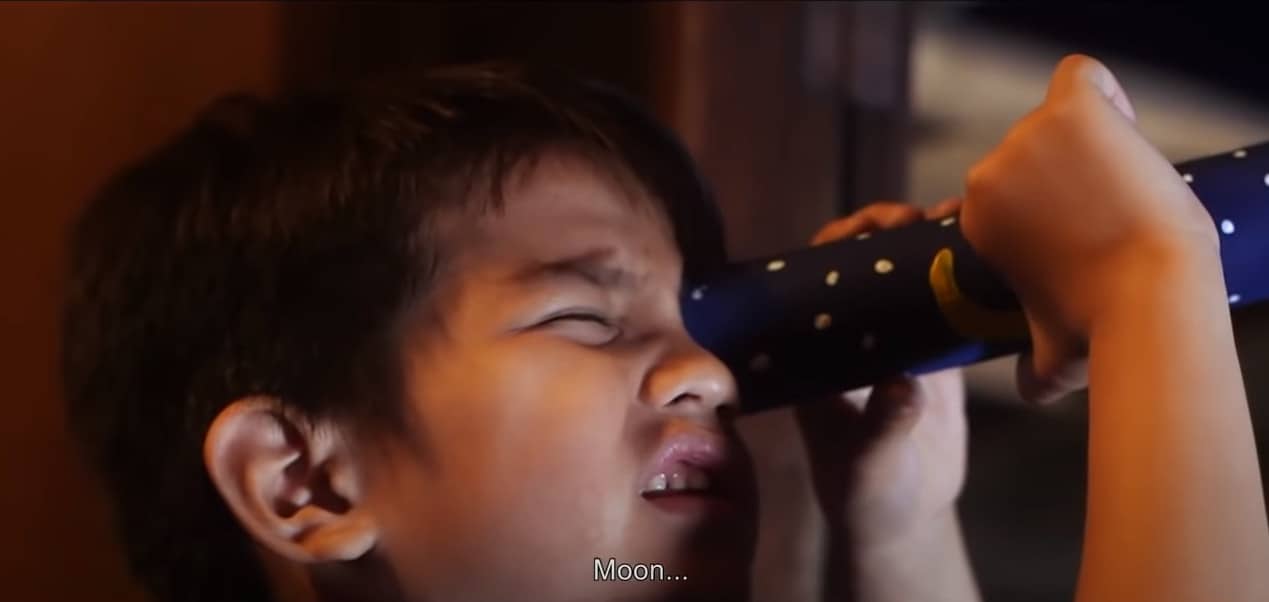The South Korean entertainment industry reeled in shock when, in 2018, beloved and very busy supporting actor Oh Dal-su was accused by a woman in the Korean #metoo movement. All the films involving the actor, who is the founding member of the exclusive 100 Million Viewers Club and still the one with the most films in the top 10 highest grossing Korean films with six, that had been completed at the time were shelved and he was dropped from high-profile films that he was to work on, like the “Along With the Gods” sequel, for example. However, he was cleared of all charges after an investigation and inquiry in 2019 and while films that had already been completed before the controversy slowly started to find their way into theatres, Oh took some time off before returning to cinema. It wasn't an easy way back either, with the actor who was until then used to working on massive blockbusters having to choose an indie film by a debutant director, the ironically titled “The Blacklist”, as his return vehicle.
“The Lost Choices” is available from Echelon Studios

A prison cell holds a pastor, a Buddhist monk and a death row inmate among others when a new cellmate is brought in. As the prisoners talk about what they are in prison for, the new prisoner reveals that he is in fact God, a revelation that makes the prisoners vary and amused at first, but they soon began to believe him and treat him as such. As more of everyone's pasts come to fore, each prisoner asks something of God, while the introduction of a new cellmate, the son of a rich conglomerate who also has the prison guard at his beck and call, changes the dynamics within the cell.
Faith is often a concept that is clung to in a confining situation, particularly in prison. Kim Sung-han in his debut feature uses religion and faith to present a satire that personifies the concept of God, only to lock horns with it. Each prisoner asks something of God, but this is practically a powerless God, who at the end of a lot of dialogue and philosophizing, doesn't really have much to offer to those that come asking something of Him. In that sense, with the introduction of the chaebol heir character and the facilities his connections and money provides, Kim theorizes that the real God today in this capitalist world is not the unseen and unknown entity we make Him out to be but in fact money and power. The narrative also uses humor in a number of sequences to hone in its points, with God agreeing to help the heir in exchange of money being one apt example. Using the priest and the Buddhist monk, it also laughs in the faces of the men who fight in the name of an unseen higher power, different as He may be for everyone, when a literal, tangible God is present right in their midst.
Set almost entirely in the prison cell, the feature works as one big dialogue-heavy conversation piece and through God's many different conversations and debates with the prisoners, Kim tackles the true meanings of freedom, faith and happiness. While God may not be able to help the inmates quite in the sense that they might be expecting, their conversations help them understand what it is that they truly seek in their requests and demands to God. These discussions do make for interesting food-for-thought, but come across as rather episodic in nature and feel disjointed in the overall narrative. The dialogue also touches briefly upon homosexuality, but takes no stand on it and leaves the promising premise unexplored.
Despite being known for his loud, joyous and often comically infused roles, Oh Dal-su takes a much more measured approach to his performance here, with the main focus being on the dialogues. Watching him act is always a joy even when he's on a dramatically heavy role as this, which goes to show how much he has been missed on the big screen. He is joined by a group of actors, most of who do their tasks effectively but it is Akira Kim who leaves a mostly positive impression with his turn as the Buddhist monk.
A story set in one location provides its limitations for cinematography, and the picture in “The Blacklist” is as utilitarian as they come, but the extensive number of long-takes helps the audience be involved in the conversations taking place. This works in the feature's favor because the talks are many and long and unnecessary editing within them could have impacted negatively on the flow of the dialogue. Music too is sparsely used and makes some odd choices by using pieces inspired from South Asia or the Middle East.
“The Blacklist” is has a lot to say and provides some interesting ideas, but ultimately does little to make itself memorable. If for anything, it should be thanked for returning Oh Dal-su to cinema, because he was missed.



